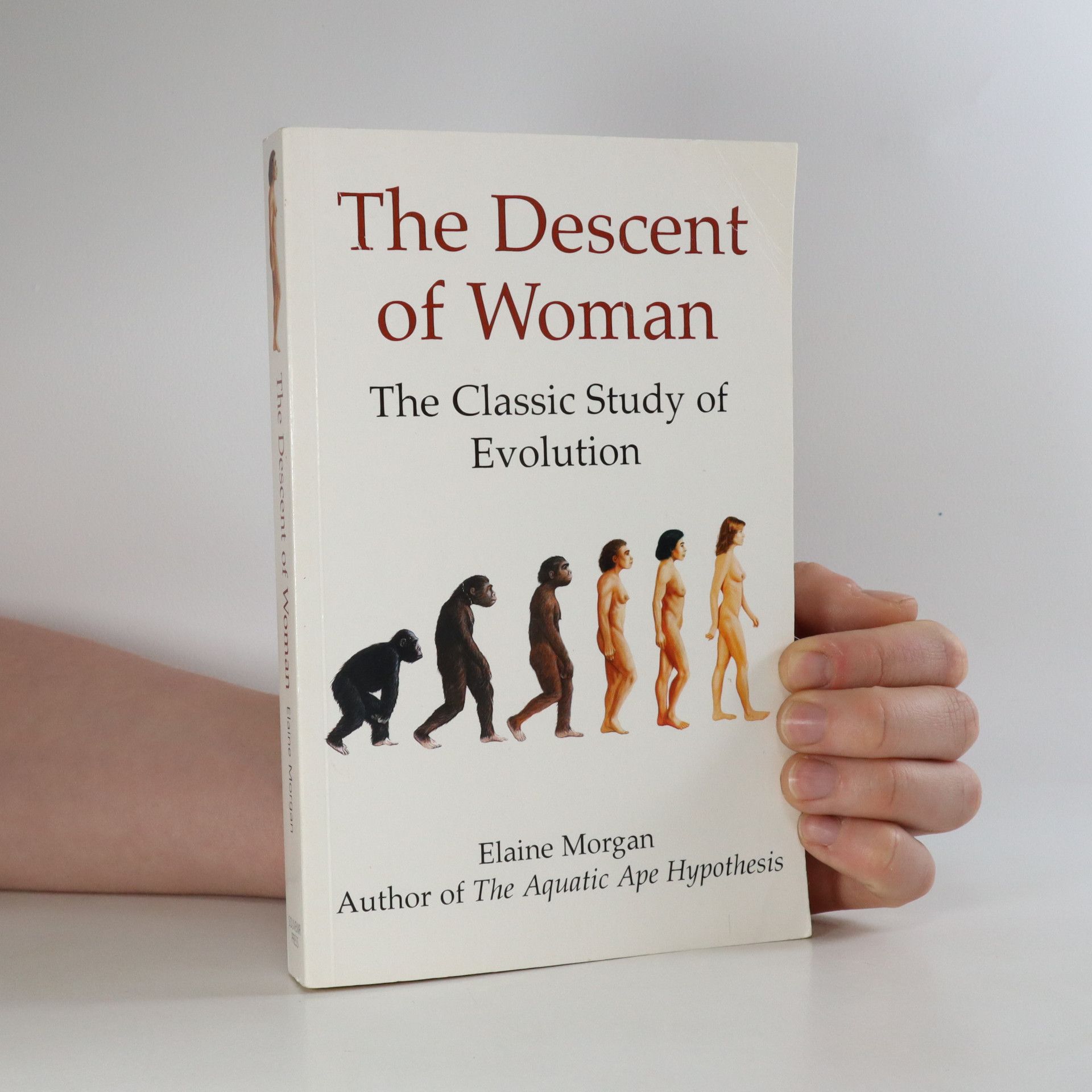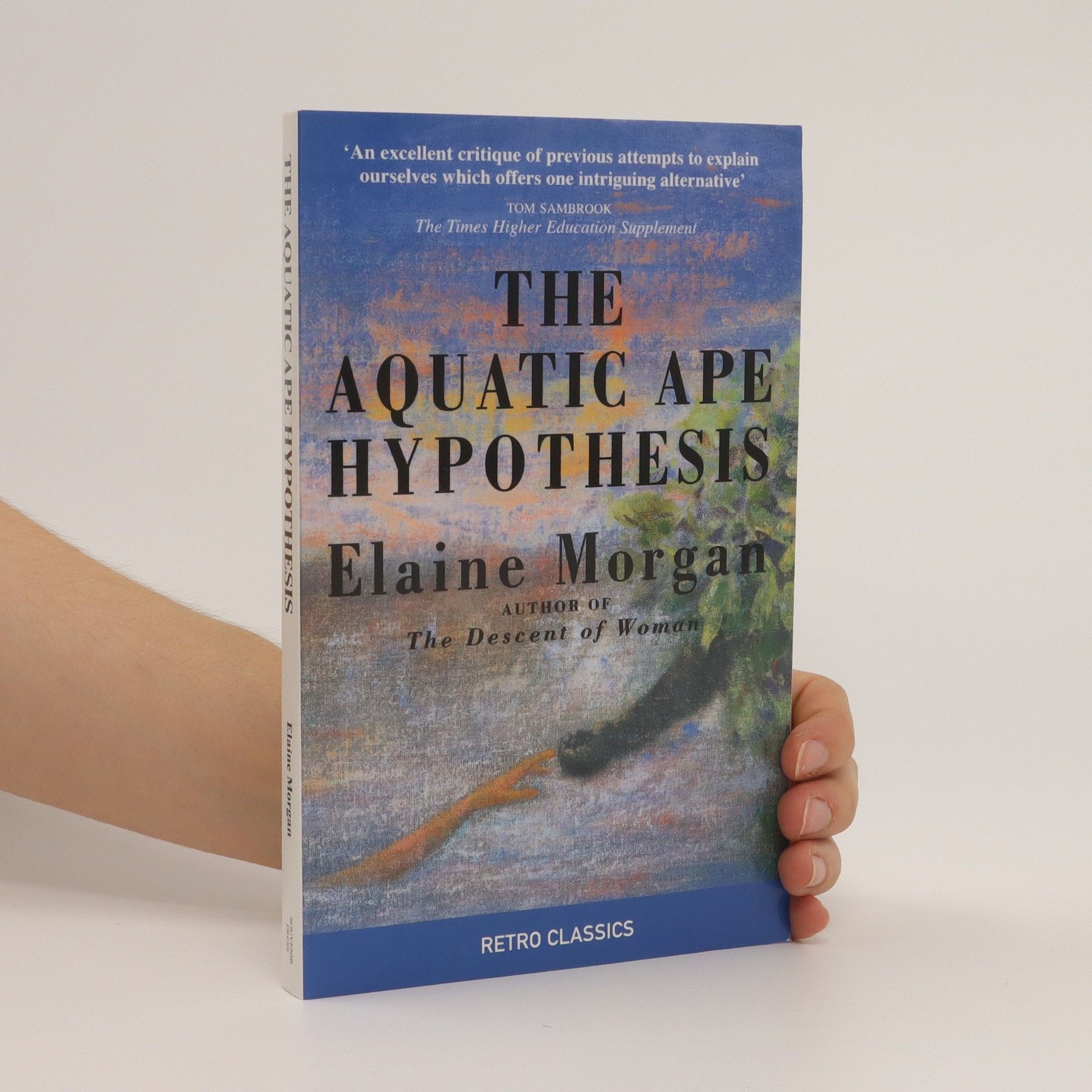A vízimajom elmélet
- 235 pages
- 9 hours of reading
Miért különbözünk olyan sok mindenben a többi emberszabásútól? És mit árulnak el az emberi evolúcióról ezek a különbségek? A vízimajom elmélet arra készteti az olvasót, hogy gondolja végig az egyetlen evolúciós hipotézist, amely választ ad az ember anatómiai sajátosságaira: - Miért járunk két lábon, ha így lassabban haladunk, és még a gerincünknek sem tesz jót? - Miért vagyunk egyedül csupasz bőrűek a főemlősök között? (Az összes emlős közül csak a cetfélék és a vastagbőrűek szőrtelenek.) - Miért ereszkedett le a gégefőnk? És miért tudjuk tudatosan szabályozni a légzésünket? (A csimpánzok nem képesek erre, a rozmárok azonban igen.) Felvillanyozó olvasmány mindenkinek, akit érdekel, honnan származunk. /BBC Wildlife/





